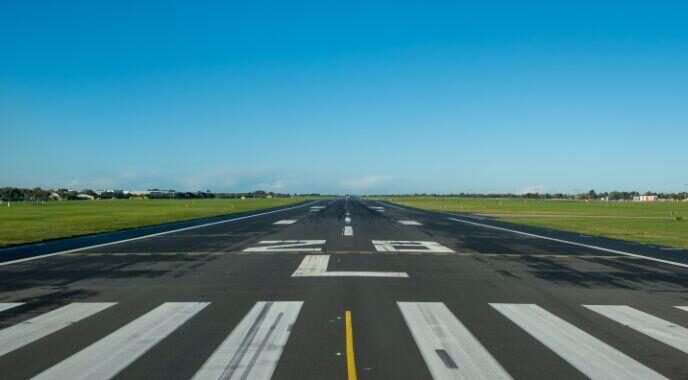Agora Policy, an Abuja-based think tank, says Nigeria is at risk of low foreign exchange (FX) inflows and higher inflation due to recent economic policies of the United States.
On February 2, US President Donald Trump signed economic orders imposing significant new tariffs on Canada, Mexico, and China.
According to the Trump administration, the tariffs intend to curb the inflow of drugs and undocumented immigrants.
In a report on Thursday, titled, ‘How the Impending Trade Wars May Impact Nigeria’, Agora Policy said Nigeria and other African countries are not exempted from being attacked by the US economic policies.
Advertisement
For Nigeria, the think tank said there are direct and indirect impacts the new trade policy environment would have on the domestic economy and opportunities.
“In terms of the direct risks to Nigeria from an increasingly trade-restricted environment, the potential is low. As at 2022, the US accounted for 6.95% ($4.4bn) of Nigeria’s exports and 5.57% ($3.4bn) of Nigeria’s imports,” the firm’s policy report said.
“Given the diversity of Nigeria’s export partners and the fact that most of these exports are petroleum-related, which could easily find alternative buyers, the risks of being directly targeted for trade restrictions and for those restrictions to be impactful are very small.”
Advertisement
However, the group said the indirect impacts are where the risks and potential opportunities for Nigeria are.
“An escalating trade war between the US and China (the two largest economies) and perhaps other economies will most likely lead to a slowdown of the global economy,” Agora Policy said.
“Estimates by the Brookings Institution suggest that the US economy could slow by 0.32%, Canada by 3%, and Mexico by 3.14% if the planned tariffs and retaliations are implemented.
“The Economist Intelligence Unit suggests a 10% increase in the effective tariff rate with China could slow GDP growth by 0.3%.
Advertisement
“This slowdown in two of the largest economies will have cascading impacts across the world and will affect most countries, including Nigeria.”
According to the group, the first indirect impact the US tariff impositions will have on Nigeria is in the area of crude prices, which will become lower than they could have been without the trade-induced slowdown.
“Given that crude oil and natural gas still account for 90% of Nigeria’s exports, this will significantly affect foreign exchange inflow and subsequently government revenue,” the report said.
“Although there might be downward pressure on fuel prices, the expected depreciation of the Naira from lower crude oil forex inflows will likely limit the potential for Naira-denominated fuel prices.
Advertisement
“How serious the impact of lower oil prices becomes depends on how significant the drop in prices of crude oil is.
“The second indirect impact will likely come through an increase in global inflation due to a more restricted trading environment.
Advertisement
“The reality of global value chains means that many products depend on inputs from goods that cross international borders.
“A more restricted trade environment means higher production costs, which in turn leads to higher prices. These elevated prices could affect Nigeria through imported inflation, potentially worsening our current inflation challenge or at least slowing down efforts to reduce it.
Advertisement
“As experienced during the COVID-19 pandemic, disruptions to global supply chains can lead to higher inflation everywhere, even in places that may not be directly integrated into global chains.”
INCREASE PARTICIPATION IN GLOBAL TRADE ARENA
Advertisement
Speaking on possible opportunities for Nigeria, Agora Policy said the country needs to increase its participation in the global trade arena to reduce the risks from the US tariff impositions and trade wars.
“Regardless of whether the tariff wars materialise or not, most countries will likely want to reduce their exposure to any single nation and minimise the risk of trade dependence being used as leverage for other policy objectives,” the report said.
“This presents opportunities for third-party countries like Nigeria to increase their participation in the global trade arena.
“Of course, the fundamentals remain necessary—we need to establish ourselves as a reliable and capable trading partner.
“Currently, we have not achieved this status in most sectors besides crude oil. But there is no inherent barrier preventing us from improving our position.”
The think tank said the significant changes likely to come to the global trading environment present Nigeria with a complex mix of challenges and opportunities.
“However, the likely reorganisation of global supply chains also presents a unique opportunity for Nigeria to position itself as an alternative trading partner, particularly given our strategic location and large domestic market,” Agora Policy said.
The organisation said Nigeria must identify these opportunities and make the hard choices needed to transform the economy into one that can reliably participate in global value chains beyond the oil sector.
Add a comment











